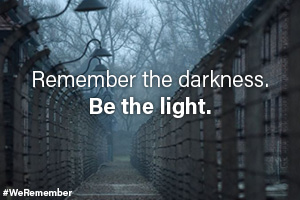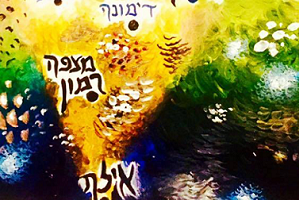The Mezuzah Hunters
By Aleksander Prugar
For last 3 years we were unstoppable. Incalculable kilometers traveled across Poland and Ukraine. Dozens of visited towns and villages. Never tired, never disappointed but always pushed by faith and faithful to our principles and our mission. Who are we?
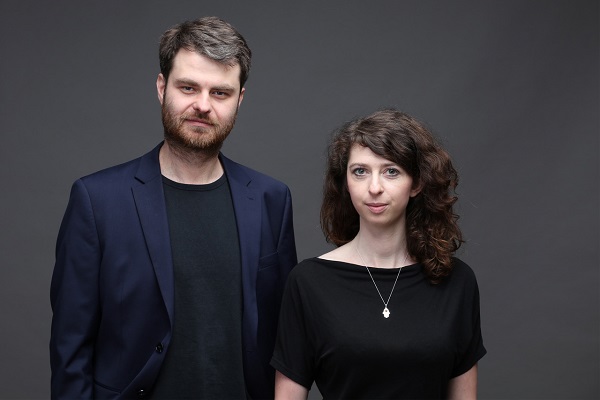
We are mezuzah hunters.
We spend months traveling around Poland and Ukraine in search of the traces of the decorative cases that once adorned the doorposts of Jewish households before the overwhelming majority of the population was wiped out. Having once marked the liminal point of the threshold, the mezuzahs, like the Jews, are gone but their impressions still remain.
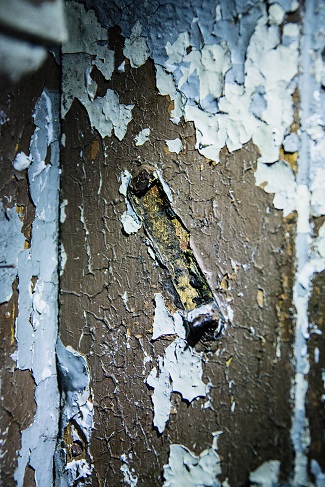
We are storytellers.
“We see this as very symbolic. Much like we feel the absence of a Polish Jewry, here we find the absence of the mezuzahs, with only a slight trace remaining in the wood,” says Czernek. “Working under the design name ‘Mi Polin’ (‘From Poland’ in Hebrew) we have made it our life’s work to revive an invisible Jewish past. Once the mezuzah imprints have been located, we create an imprint of trace. Then we cast these traces in bronze to turn history into tangible object.”
We are archaeologists.
“In this way, the object is imbued with a metaphysical presence – we are providing something that helps us move between the past and the present. Bronze is dignified, it’s lasting, it’s eternal,” says Prugar.
Our mezuzahs have found their way into the homes of many, with most of the interest coming from the States – Jonathan Safran Foer, who famously traced his roots back to Eastern Europe, requested his own Mi Polin mezuzah from his ancestral home in Ukraine. Each artifact also comes with a thoroughly researched history – thus families in far-flung places have an entry point into a sometimes evasive past.
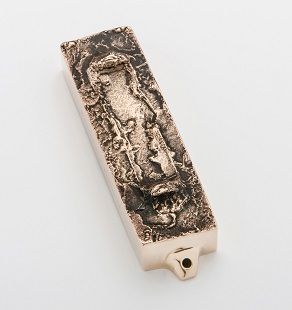
It is this memory-building that drives us forward as well as a sense of destiny, or cosmic intervention, something that keeps reaffirming itself in strange moments, like the time we arrived at one site to find the building covered in scaffolding and the doorframe on a pile of rubble.
As Prugat says: ‘One week earlier, we wouldn’t have been able to convince the builders to keep it, one week later it would have already gone to the tip. It was fate.'
Ultimately, though, it’s the sense of duty we have to keeping the memory alive that keeps us going – after all, as Czernek says, ‘it’s not easy arriving in a town that used to be Jewish only to find there’s no trace of them ever being there.'
'This way, we are giving something to people from their past. We are connecting the past with the present – as well as leaving something for the future.'
Mi Polin is an Israel Forever VCI vendor!
Get your VCI discount for a Mi Polin mezuzah here.
Recommended for you:
HOLOCAUST AND HATIKVAH
Explore the connection between Holocaust, Hope and Israel in our effort to remember and make meaning out of our history as a people.
About the Author


